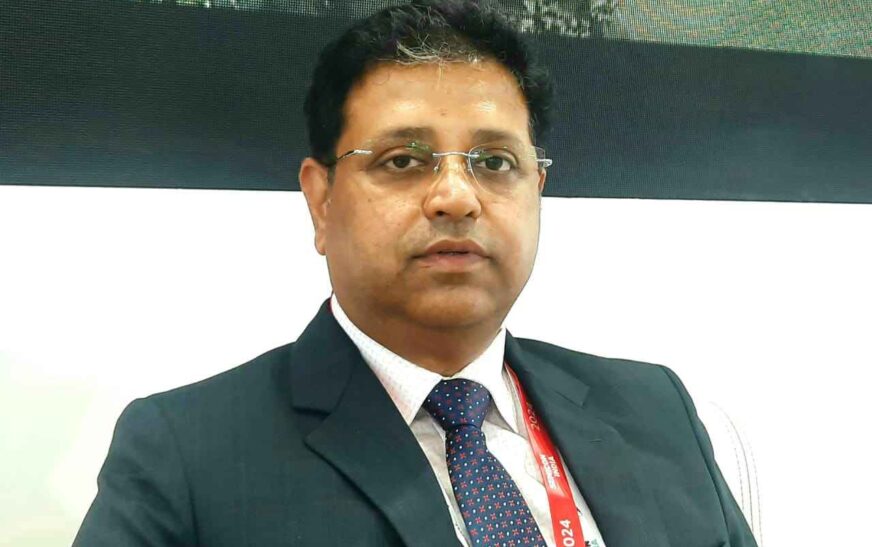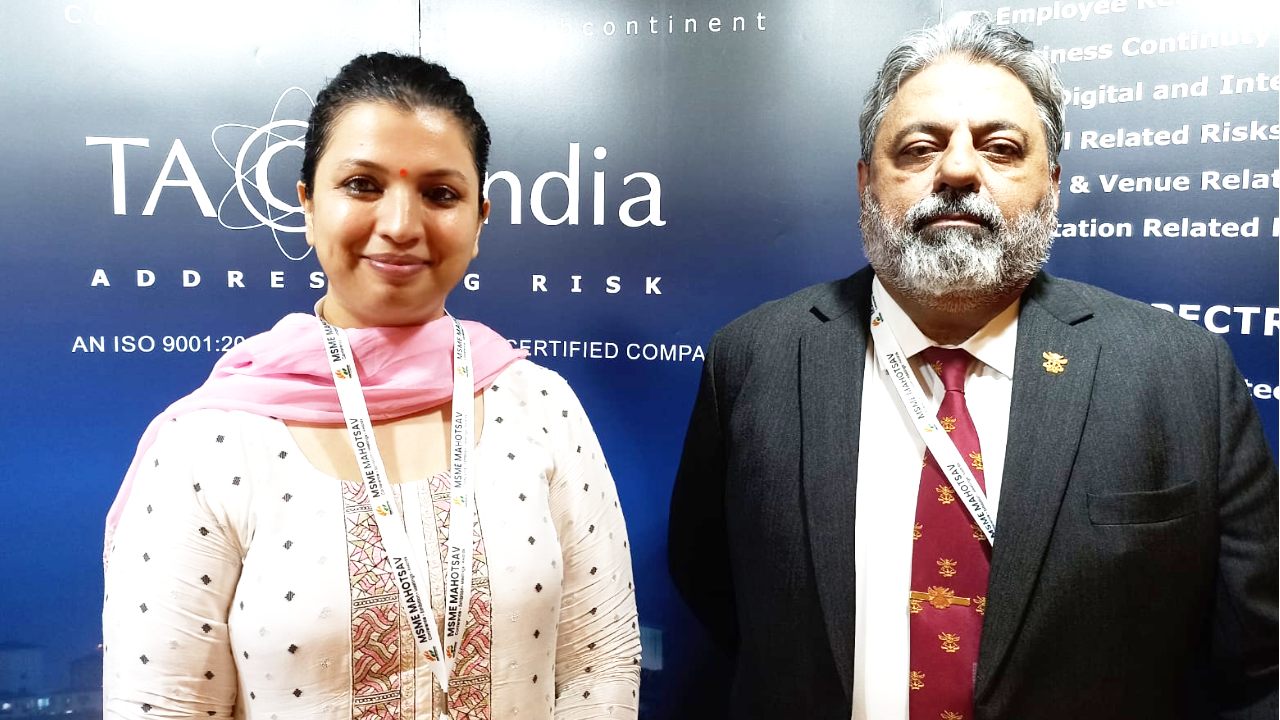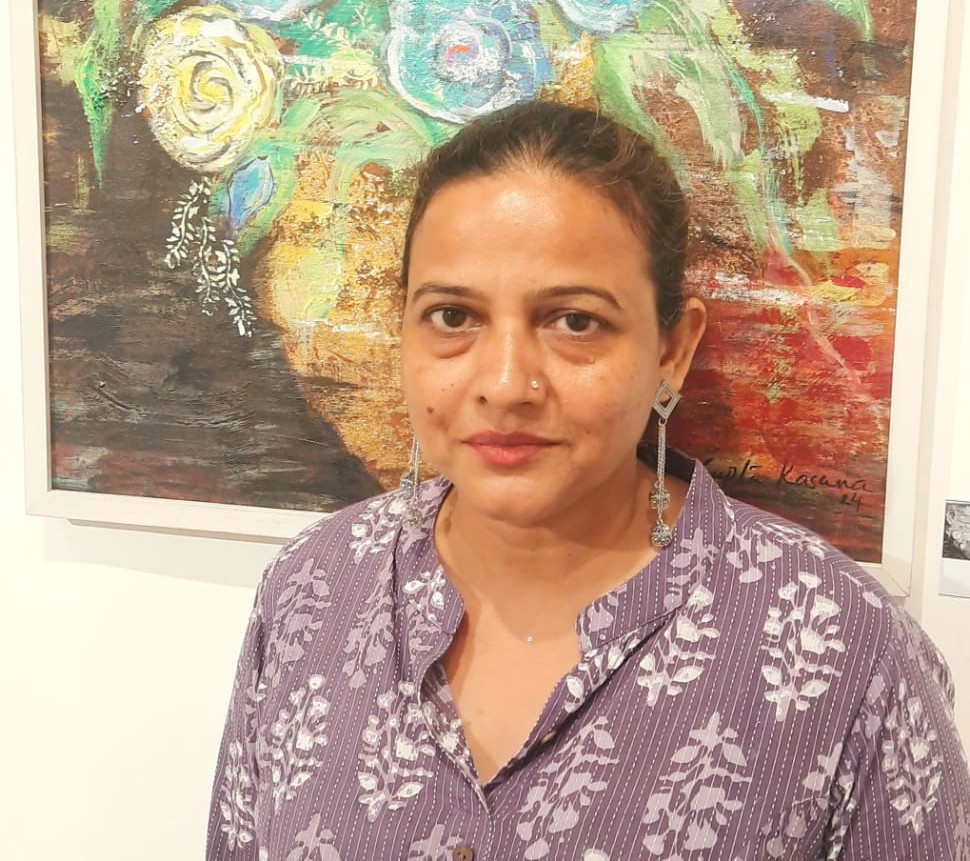The Department of Electronics & Information Technology (E&IT), Government of Odisha, spearheads the development, coordination, and oversight of all IT-related activities, including computer systems, communication networks, software, and electronics hardware. Moreover, the Department manages semiconductor and electronics-related initiatives within the state.
The Department is committed to creating a well-structured, forward-thinking E&IT framework that drives positive societal change. This framework aims to simplify transactions, enhance employment opportunities for educated youth, and spur significant economic growth within a defined timeframe. By bridging the digital divide, the government ensures that IT reaches all citizens, fostering good governance through an efficient e-Governance system that accelerates decision-making and maintains transparency. Additionally, the Department formulates key policies to support startups in IT, electronics, and semiconductors.
In an exclusive conversation with The Interview World at Semicon India 2024, Manas Ranjan Panda, the Special Secretary of the Department of E&IT and Managing Director of OCAC discusses the Department’s initiatives and strategies to advance innovation in the semiconductor and electronics sectors. He provides insights into the response from emerging startups, details the government’s support for R&D and innovation, and explains how these startups are positioning their products in the domestic market. Here are the key highlights from his interview.
Q: Could you elaborate on the specific initiatives and strategies implemented by the Department of Electronics and IT, Government of Odisha, to drive innovation and advancement in the semiconductor and electronics sectors?
A: Over the past few decades, Odisha has made significant strides in attracting investment in the IT and ITES sectors. The state has achieved this by implementing effective policies, developing robust infrastructure, and creating a skilled workforce. Bhubaneswar, in particular, has emerged as a prominent knowledge hub in eastern India.
This progress has attracted numerous companies, including major multinationals such as IBM, Accenture, Cognizant, Capgemini, and Deloitte. Indian giants like Infosys, Wipro, TCS, Tech Mahindra, and LTIMindtree have also established a strong presence in the region.
We have successfully built an ecosystem that continues to draw interest from numerous software and IT technology companies. The shift from larger cities to tier-two cities has further fueled this trend. Now, the government’s focus is on replicating this success in the electronics sector. We encompass the entire supply chain from semiconductor to hardware manufacturing, including fabs, compound fabs, display fabs, ATMP, packaging, and design.
In 2023, we introduced a comprehensive semiconductor policy, which we are revising to enhance its effectiveness. This policy, developed in consultation with industry leaders and associations, is among the most competitive in the country. We are offering extensive fiscal and non-fiscal incentives.
Our goal is to create a thriving ecosystem for semiconductor and electronics industries. The policy provides additional incentives for fab and design companies, aiming to bolster the state’s design ecosystem. We are working with educational institutions to develop a skilled workforce, which is crucial for attracting further investment.
Additionally, we are launching the Odisha Chip Program to develop indigenous products and design at least one or two Odisha-specific chips. This 360-degree initiative involves collaboration with industry bodies, academic institutions, and includes support in terms of infrastructure, financial aid, and tools.
We are also establishing a semiconductor park in a public-private partnership (PPP) mode. This park will include essential facilities such as a common facility center, clean rooms, and comprehensive supply chain logistics. We seek a partner to manage this specialized park effectively.
Recent developments include investor interest in setting up compound fabs and ATMP facilities in Odisha. Last week, the Honorable Chief Minister laid the foundation stone for RIR Semiconductor and Power Electronics, marking a significant step forward.
These initiatives underscore our commitment to positioning Bhubaneswar as a leading destination for semiconductor and electronics companies.
Q: Beyond major investors such as MNCs and large Indian IT firms, what has been the response from emerging companies, particularly startups focused on the semiconductor and electronics sectors?
A: The Government of Odisha’s programs focus exclusively on startups, supporting them from ideation through commercialization. Our initiative aims to establish a comprehensive platform that functions as both an incubator and a resource hub. This platform will provide lab support, access to expensive intellectual property, and advanced tools essential for developing designs and chips. Additionally, we plan to partner with foundries to create a chip depot.
At Semicon 2024, you will see the Government of Odisha actively participating. We have secured a large booth, where 12 startups are showcasing their products. These startups span various sectors, including design and chip-to-chip communication. IIT Bhubaneswar is also involved, highlighting two of their startups.
This event offers a valuable opportunity for Odisha-based startups to present their innovations to industry leaders, fostering a mutually beneficial environment for growth and visibility.
Q: Is the Government of Odisha actively supporting startups that are focused on research and development, as well as the design of semiconductor products?
A: Our policy includes several key initiatives to support the design sector. The Design Link Incentive (DLI) scheme, provided by the Government of India, is specifically targeted at startups in this field. Additionally, the state government offers supplementary incentives to further encourage startups focused on design. We also provide R&D incentives for companies investing in research and development.
Our policy includes provisions for R&D operational expenditure. We are currently revisiting and reviewing the existing policy to enhance its effectiveness. We have completed the necessary preparatory work and are on track to submit the updated policy for government approval soon.
The revised policy will introduce several new measures designed to address industry needs and attract investment to the state of Odisha.
Q: What types of semiconductor and electronics products are startups in Odisha developing, and how are they positioning these products in the domestic market?
A: The semiconductor and electronics sector is a rapidly growing industry with vast potential. Electronics are integral to nearly every aspect of daily life, from everyday consumer products to complex systems. Microprocessors, integrated circuits (ICs), and chips are essential components of these electronics.
There is a consistent and significant demand for these components, driven by the need to meet diverse requirements. However, startups in India should focus on addressing the specific challenges faced in the country. By solving India’s unique problems, these startups will be well-positioned to tackle broader issues, as challenges in India often differ from those in Western markets.
For instance, while Western countries might explore autonomous vehicles, practical implementation in India may present different challenges. As industries and institutions identify key problem areas, startups are increasingly engaging to address these issues and develop products tailored to the needs of the Indian market.









